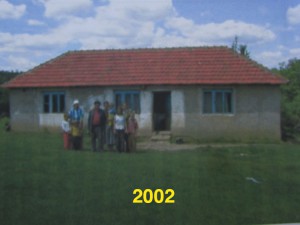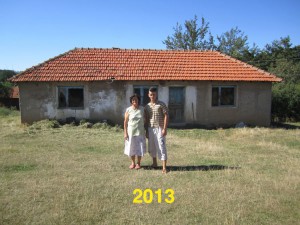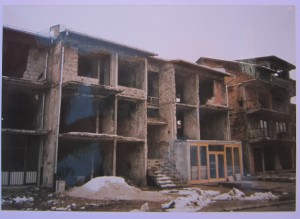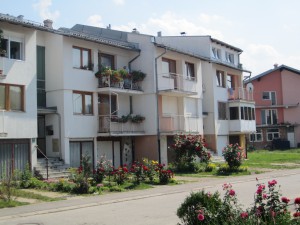Retroactive evaluations are particularly suitable for joint learning. A retroactive perspective has the advantage of allowing departments and organisations to distance themselves from an immediate situation of competition. Success stories, but also shortcomings, can be researched with more openness than with current programmes.
The on-site questioning of target groups is also facilitated:
- Those affected by a disaster are grateful to see that, years later, people still care about their wellbeing and the aid that was provided to them. With few exceptions, they are mostly more than willing to reflect upon and talk about the aid they received.
- Focusing the interviews on those directly targeted has proven its worth: even many years later, the affected groups remember processes and events with great detail and can give relevant advice and suggestions for improvement.
- The interviewees are conscious of the fact that they will not receive any new aid by the evaluation team, but also that they are not in danger of losing any previously given aid through their cooperation. They speak openly and evaluate the aid given without fear or an intent of manipulating results to receive further aid.
- The long-term perspective enables project employees and partner organisations to reflect upon their own projects from a critical distance, and be able to evaluate them without having to take a defensive stance.





